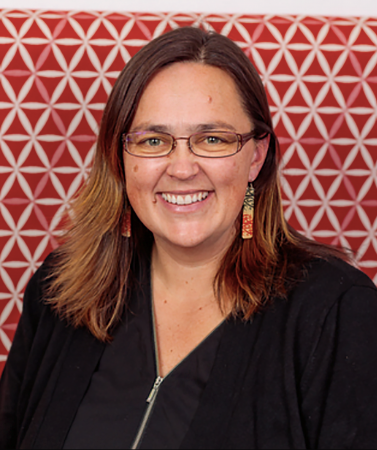
Alice Te Punga Somerville
Alice Te Punga Somerville



Professor
Program Area
First Nations and Indigenous StudiesProgram Area
First Nations and Indigenous Studies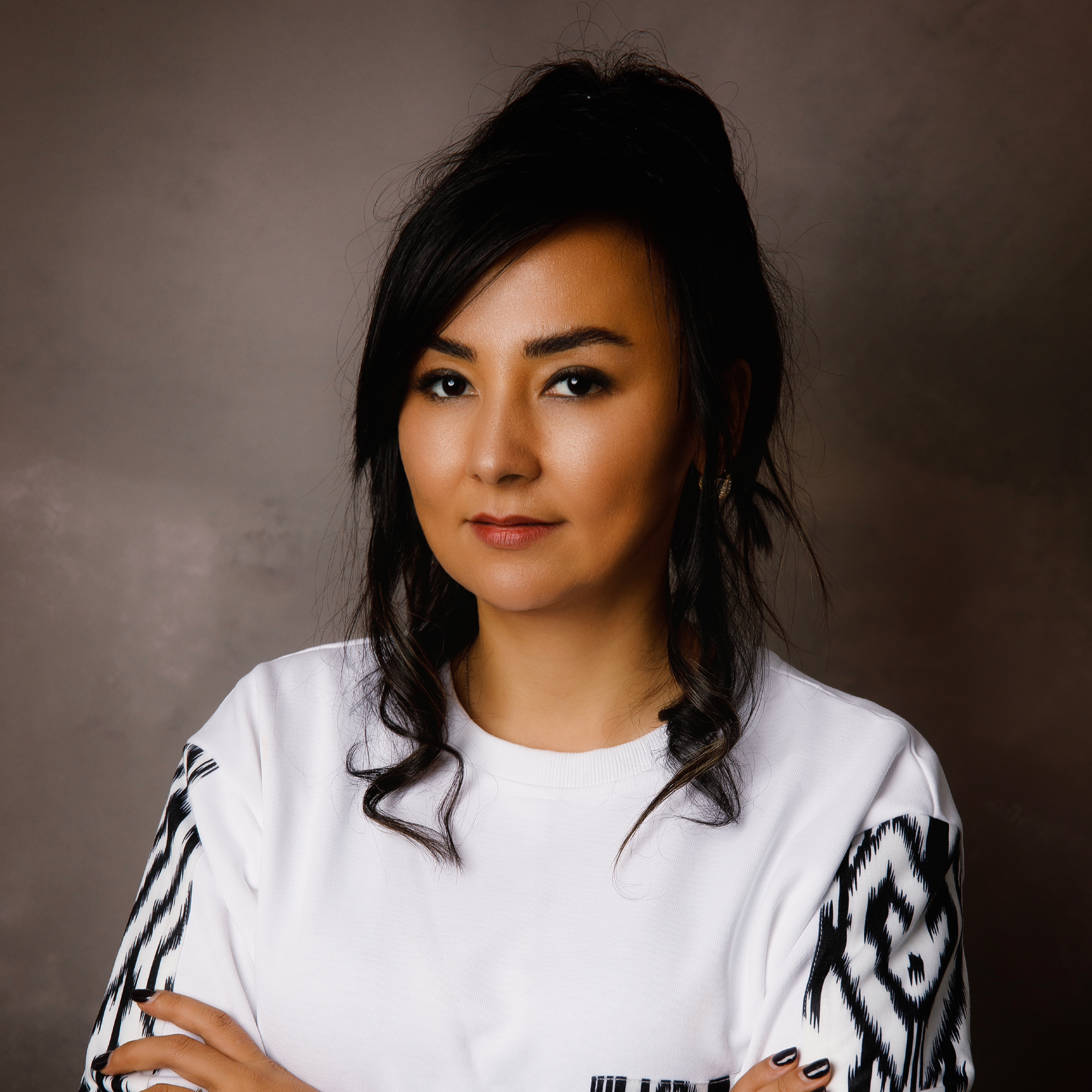


Aynur Kadir
Aynur Kadir



Assistant Professor
Program Area
First Nations and Endangered LanguagesProgram Area
First Nations and Endangered Languages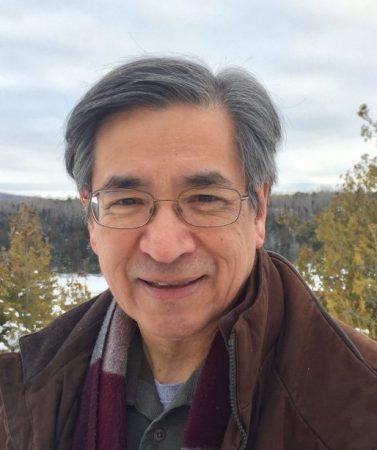


Bernard Perley
Bernard Perley



Director of CIS & Associate Professor
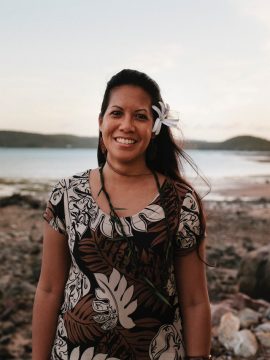


Candace Galla
Candace Galla



Associate Professor - Language & Literacy Education (Faculty of Education) & Institute for Critical Indigenous Studies (Faculty of Arts)
Program Area
First Nations and Endangered LanguagesProgram Area
First Nations and Endangered Languages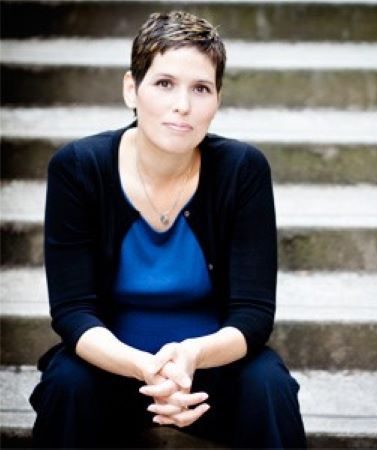


Candis Callison
Candis Callison



Professor
Program Area
First Nations and Indigenous StudiesProgram Area
First Nations and Indigenous Studies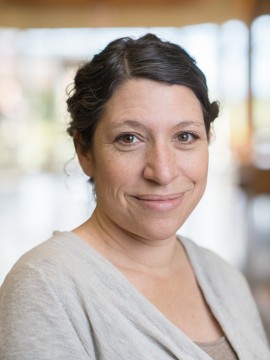


Daisy Rosenblum
Daisy Rosenblum



Assistant Professor
Program Area
First Nations and Endangered LanguagesProgram Area
First Nations and Endangered Languages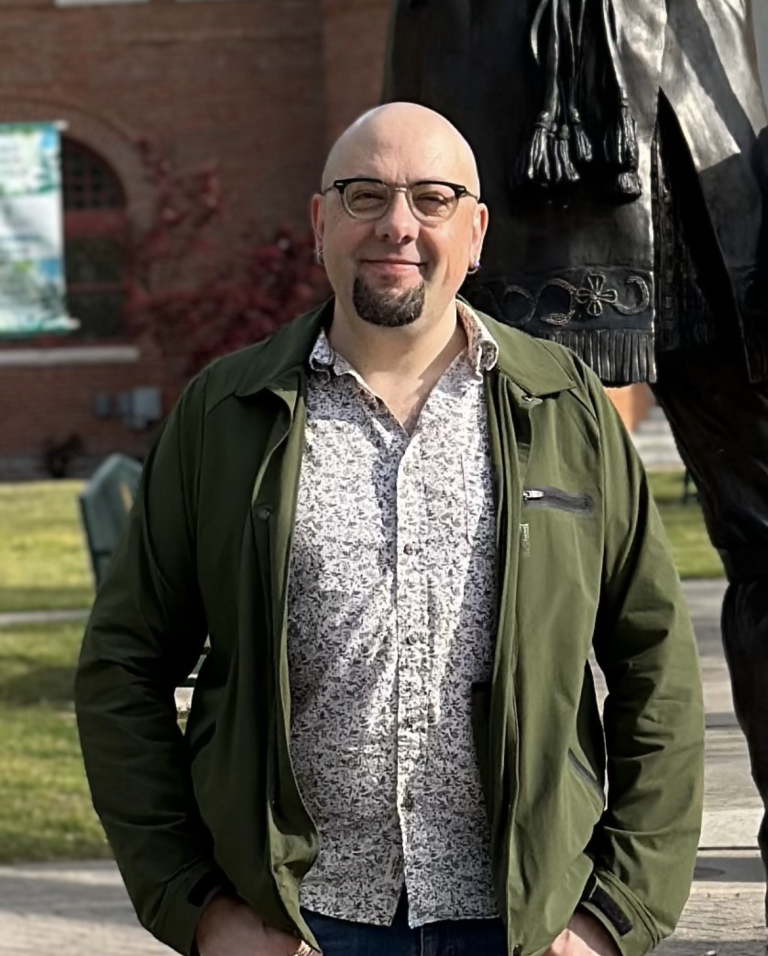


Daniel Justice
Daniel Justice



Professor
Program Area
First Nations and Indigenous StudiesProgram Area
First Nations and Indigenous Studies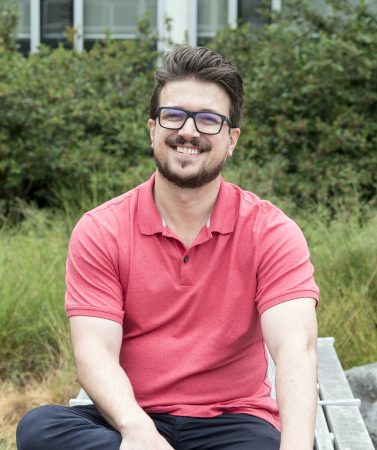


David Gaertner
David Gaertner



Associate Professor
Program Area
First Nations and Indigenous StudiesProgram Area
First Nations and Indigenous Studies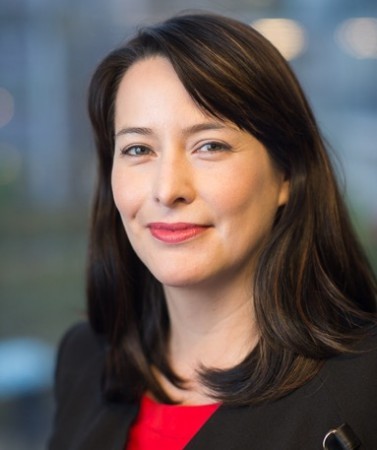


Dory Nason
Dory Nason



Associate Professor of Teaching
Program Area
First Nations and Indigenous StudiesProgram Area
First Nations and Indigenous Studies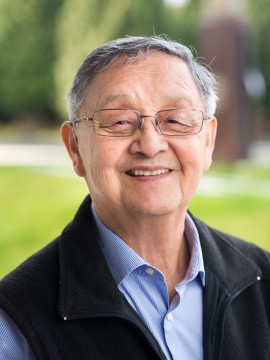


Elder Larry Grant
Elder Larry Grant



Adjunct Professor, First Nations and Endangered Languages Program | Consultant, Musqueam Language and Culture Department
Program Area
First Nations and Endangered LanguagesProgram Area
First Nations and Endangered Languages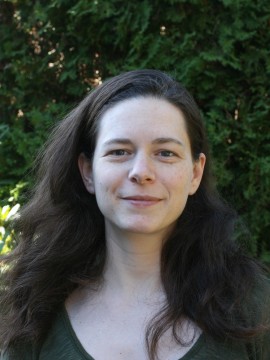


Fiona Campbell
Fiona Campbell



Sessional Lecturer
Program Area
First Nations and Endangered LanguagesProgram Area
First Nations and Endangered Languages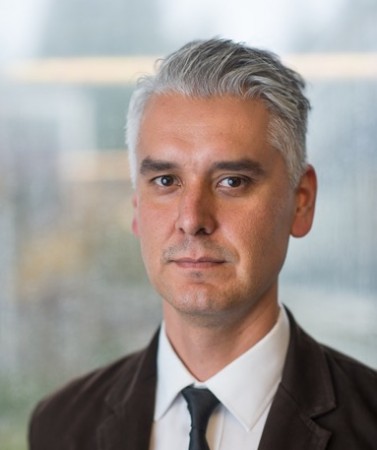


Glen Coulthard
Glen Coulthard



Associate Professor
Program Area
First Nations and Indigenous StudiesProgram Area
First Nations and Indigenous Studies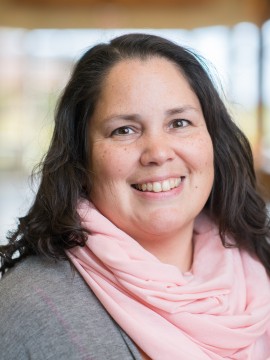


Grace Point
Grace Point



Early Primary Language Education Liaison, Musqueam Language and Culture Department
Program Area
First Nations and Endangered LanguagesProgram Area
First Nations and Endangered Languages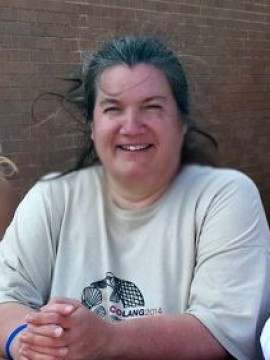


Jill Campbell
Jill Campbell



Coordinator, Musqueam Language and Culture Department
Program Area
First Nations and Endangered LanguagesProgram Area
First Nations and Endangered Languages


Mark Turin
Mark Turin



Associate Professor
Program Area
First Nations and Endangered LanguagesProgram Area
First Nations and Endangered Languages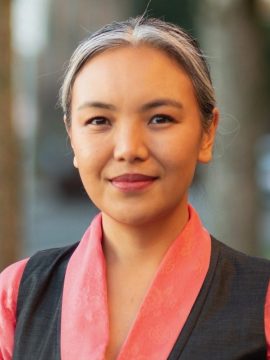


Pasang Yangjee Sherpa
Pasang Yangjee Sherpa



Assistant Professor
Program Area
First Nations and Endangered LanguagesProgram Area
First Nations and Endangered Languages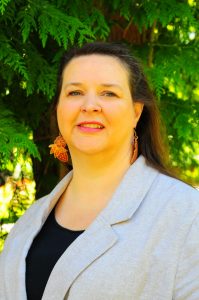


Tricia Logan
Tricia Logan



Assistant Professor
Program Area
First Nations and Indigenous StudiesTricia is a Métis scholar with more than 20 years of experience working with Indigenous communities in Canada. She has a PhD in History, specializing on settler colonial genocide and residential schools in Canada. Over the last 20 years, Tricia has worked with Survivors of residential schools, compiled research on the Métis experience in residential schools, and worked with Métis communities on a Michif language revitalization project....Read more
Program Area
First Nations and Indigenous Studies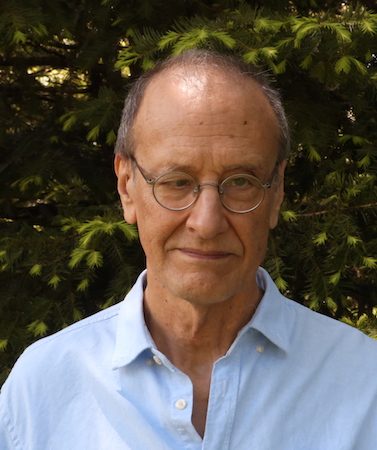


Linc Kesler
Program Area
First Nations and Indigenous Studies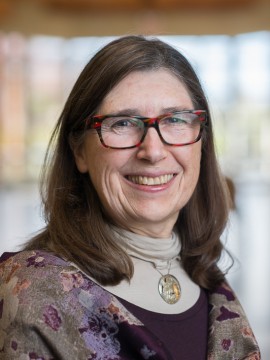


Patricia A. Shaw
Patricia A. Shaw



Professor Emerita | Founding Chair, First Nations and Endangered Languages Program
Program Area
First Nations and Endangered LanguagesProgram Area
First Nations and Endangered Languages